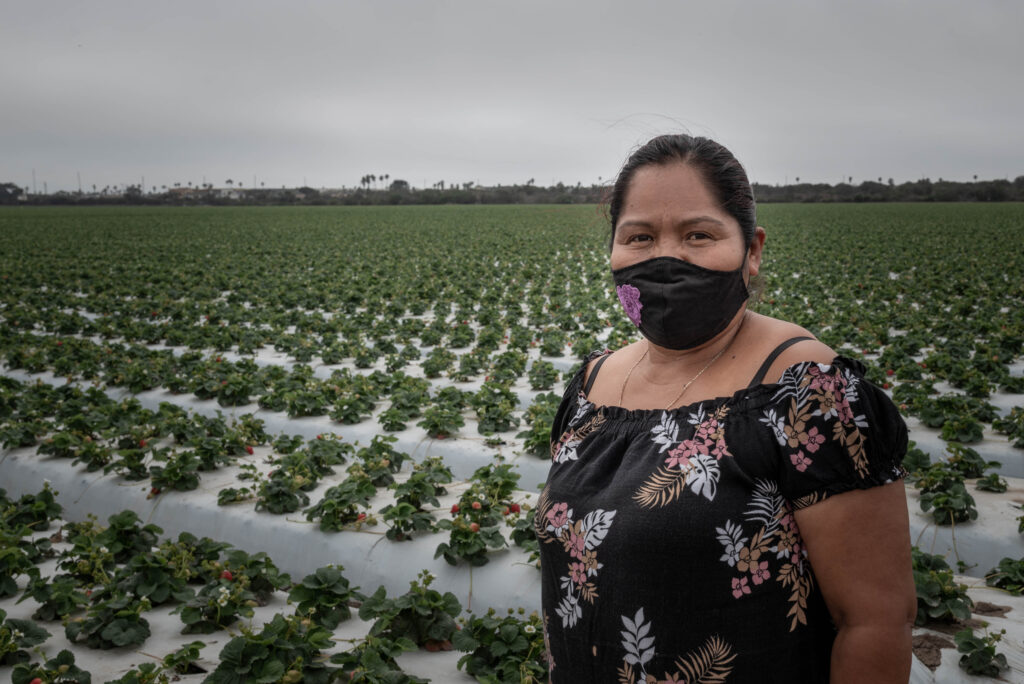
By Eulalia Mendoza
My name is Eulalia, and I have been working for 10 days, up to eight hours a day in the fields here in Oxnard, Ventura County. The winter strawberry season is approaching - Pomona and Rosal - and very soon, in March, the next work season will begin, with Q46, San Andreas, Camarosa strawberries... in fact, more than 10 varieties of strawberries are produced in Ventura County, and all of them require specific hands and work that not everyone dares to do.
However, as an indigenous community of Mexican origin - from the states of Oaxaca, Guerrero, Michoac - we have faced, from the moment we arrived in the United States, the constant indifference of the governments - local and federal.
The COVID-19 pandemic has made it clear that the indigenous population is not protected in the same way as the rest of the migrant population because there are no laws made for us. We continued to work during the critical moments of the pandemic.
For us, there are no quarantine periods and most migrant workers do not have access to a n
